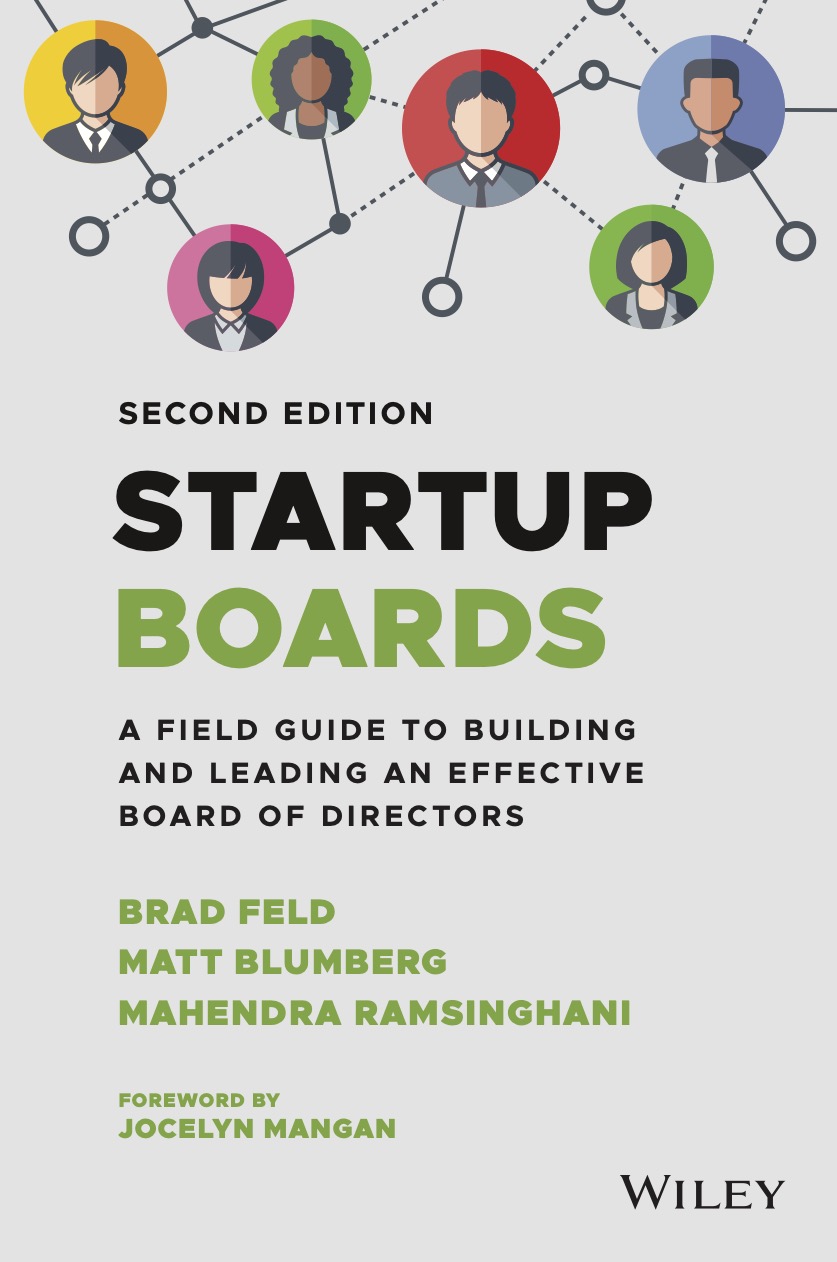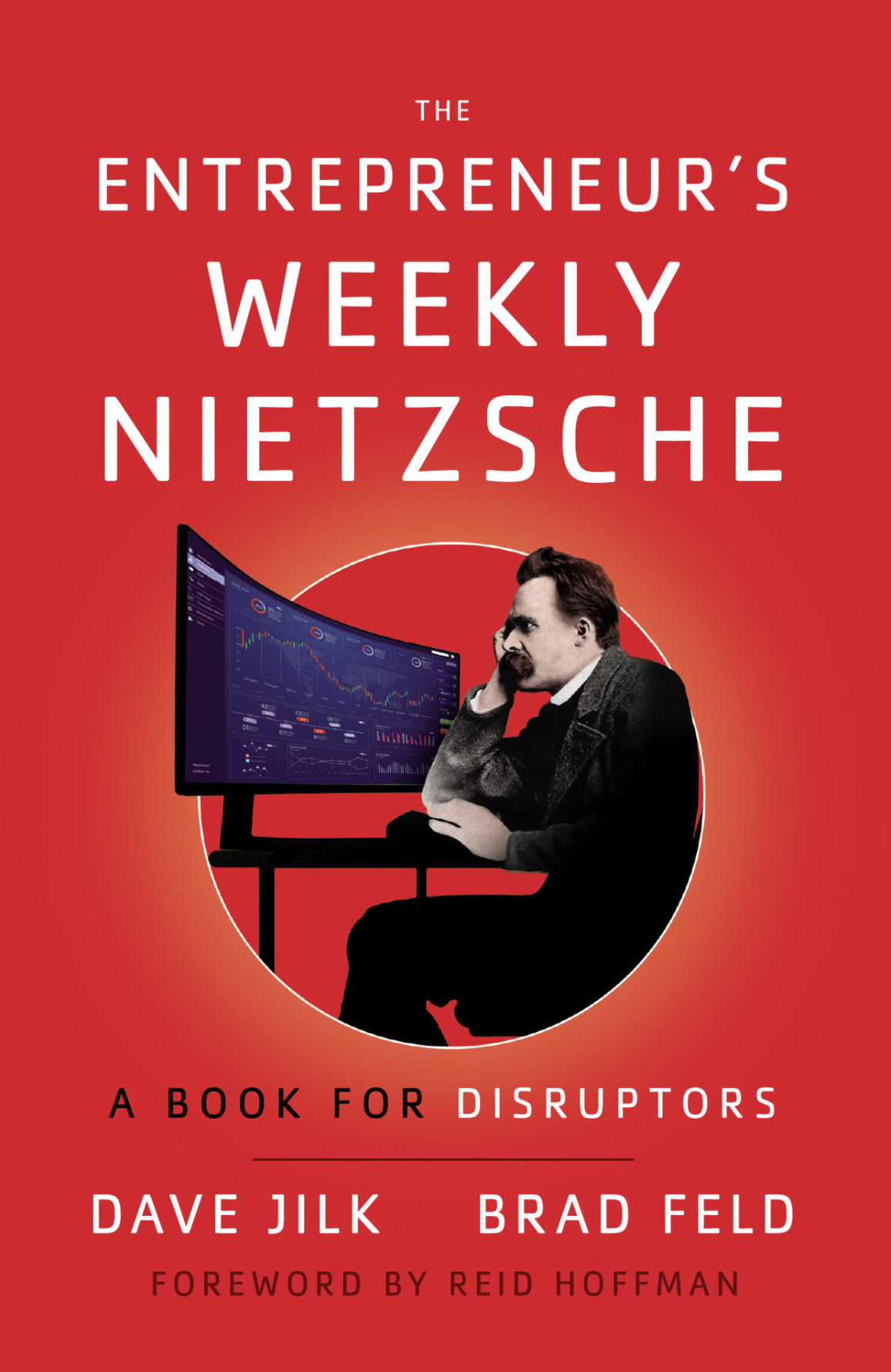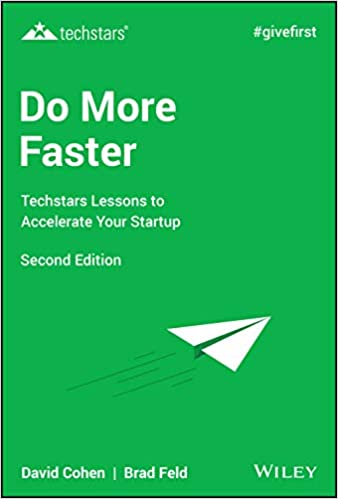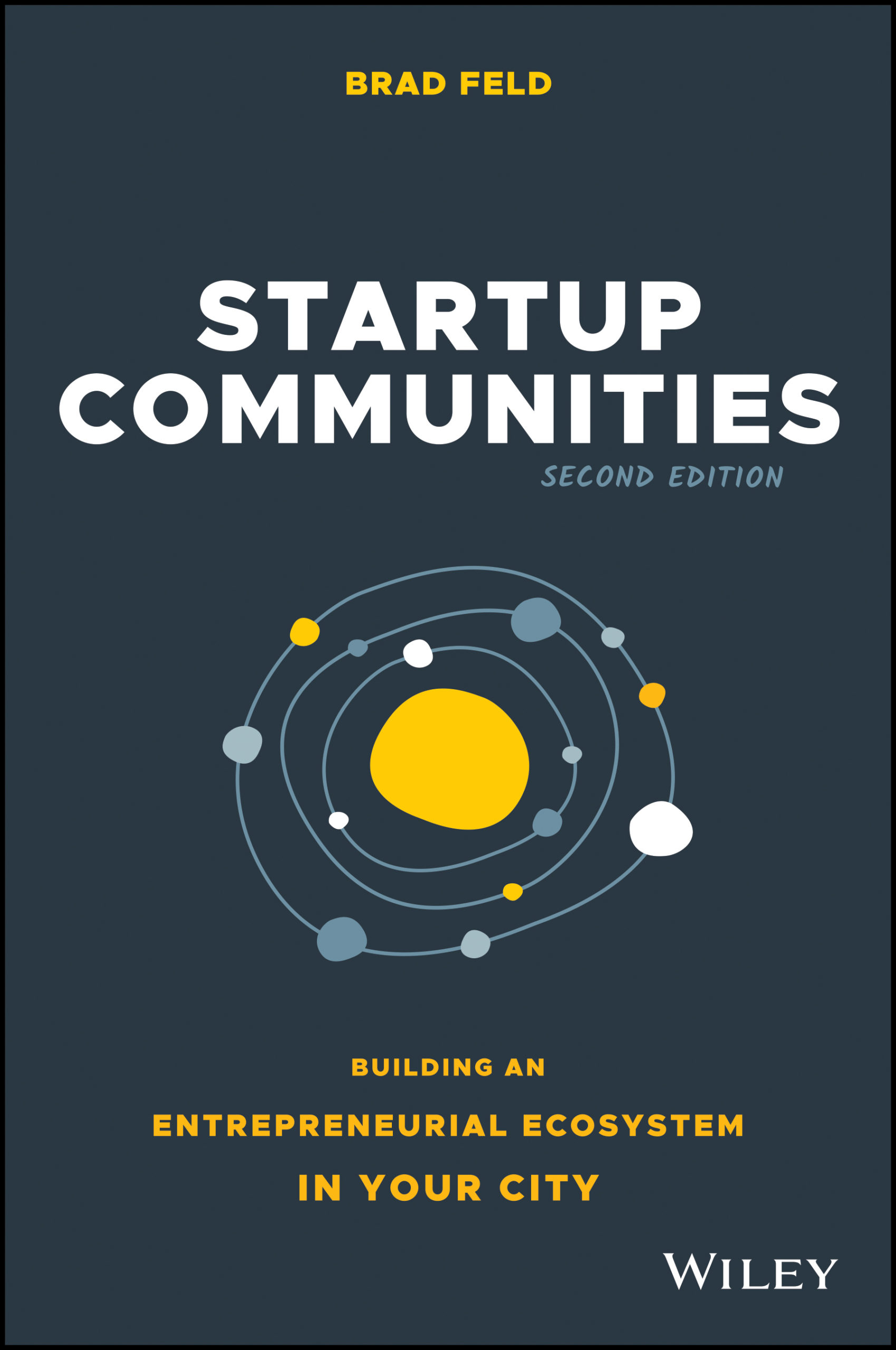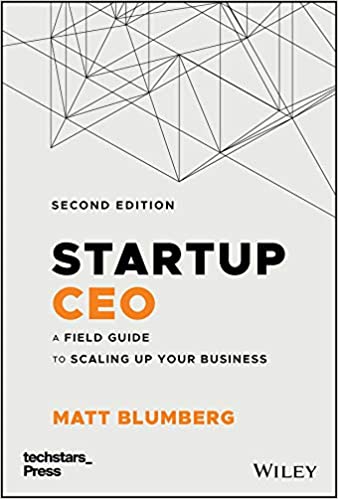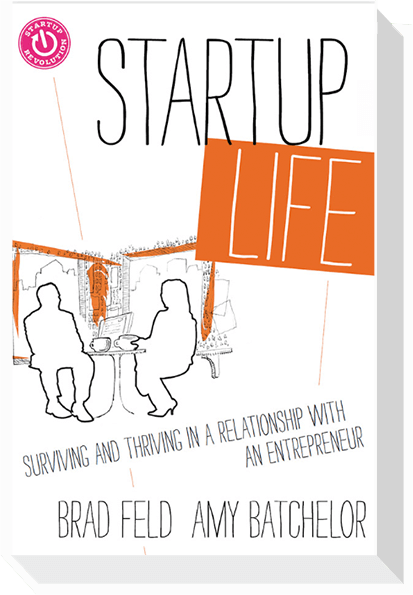Robert Noyce, Mao Zedong and Lessons for Startup Communities
In 1957, a group of eight Silicon Valley executives lead by Robert Noyce resigned from famed Shockley Semiconductor to start a rival in Fairchild Semiconductor. This sort of thing happens all the time in Silicon Valley today, but at the time, it was a watershed moment that sent reverberations throughout the industry. The Traitorous Eight, as they became known, changed the course of innovation forever by injecting the region with an entrepreneurial ethos that continues to this day, and has made Silicon Valley the envy of the world.
Around the same time, nearly 6,000 miles (~10,000 kilometers) away, a very different type of revolution was taking place in Communist China. In 1958, Communist Party Chairman Mao Zedong launched the Great Leap Forward—a wide-sweeping series of economic and political reforms aimed at transitioning China from an agricultural economy to an industrialized one, and at consolidating power behind the socialist regime.
One of the first initiatives was the Four Pests Campaign, an effort to eradicate insect, rodent, and avian populations that were thought to be threatening the health and well-being of the Chinese people. Birds, in particular the tree sparrow, were the most aggressively targeted because they fed on human grain and fruit supplies. The sparrow, it was feared, would cause starvation of the Chinese people.
And, the campaign was successful—pushing the tree sparrow nearly to extinction in less than two years. The result? The disruption of a delicate ecological system that contributed to the Great Chinese Famine of 1959-1961, killing an estimated 15 to 30 million people. What went wrong?
By eradicating the tree sparrow, the government exacerbated the very problem they were trying to solve.
It turns out that not only did tree sparrows eat grains targeted for human consumption, they also fed on insects that were an even bigger drain on grain supplies. With a key predator out of the way, the insect population swelled and grain supplies collapsed, which is how the eradication of the tree sparrow contributed to widespread famine. The policy was terminated in 1960 when it became clear what a disaster it was.
So, why on earth am I linking the Great Chinese Famine with the essence of Silicon Valley’s entrepreneurial spirit and with startup communities today? Because these are important lessons in the law of unintended consequences, which are common in complex adaptive systems like startup communities.
The Chinese government took a heavy-handed, top-down approach to preserve food supplies and created a much bigger problem by not thinking systemically—unleashing a destructive feedback loop. At the same time, the Traitorous Eight took the seemingly isolated and relatively inconsequential decision of escaping a misguided (and reportedly tyrannical) William Shockley with the aim of creating something better for themselves. And yet, what it helped spark was a new way of doing business in an new technological era. It’s hard to believe their immediate plan was to transform the regional business culture—one that is now emulated globally to promote innovation-driven entrepreneurship. But that’s what happened anyway.
The lesson for startup communities is that you might not know if a proposed course of action will produce famine or feast—this can only be determined through trial and error, an informed intuition, some humility, and a desire to learn from mistakes. This is also why big ticket initiatives or programs should be considered carefully. Take a more measured approach first and see what works and what doesn’t, learn, adapt, and change course as needed. The biggest successes are often not the result of efforts at the level of “species eradication”, but rather, at the level of “let’s try doing something we’re already doing, but better.”
***
A major tip of the hat to Nicolas Colin, who during a conversation on complex systems and startup communities, alerted me to the Four Pests Campaign, which I had previously been unaware of.
